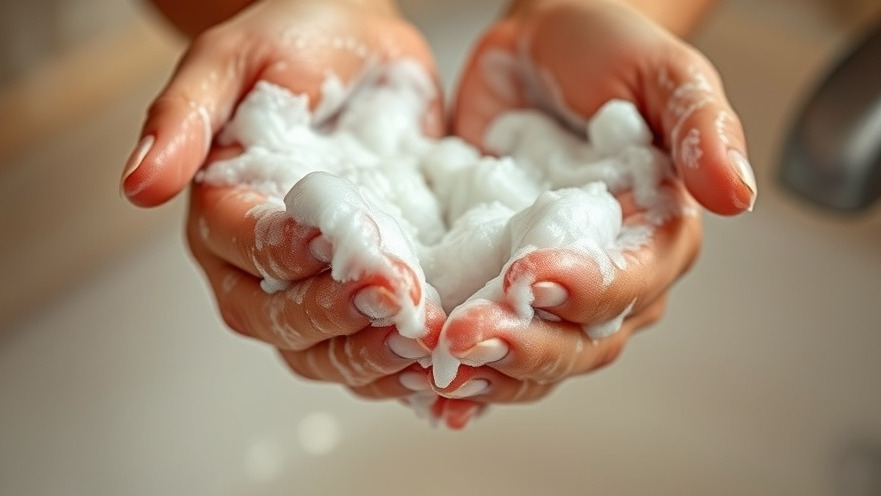
The Surprising Impact of Our Obsession with Cleanliness
In recent years, our drive towards an ultra-clean environment has reached unprecedented levels. The COVID-19 pandemic accelerated this trend, leading many to stockpile disinfecting supplies and adopt aggressive sanitization practices in their daily lives.
But as more health experts voice their concerns, it's becoming clear that our hyper-hygienic culture might be doing more harm than good. As noted by nurse Kiara DeWitt, "During the pandemic, we traded immunity for peace of mind." This cultural shift raises pivotal questions about the balance between cleanliness and immune health.
The Core of the Hygiene Hypothesis
The hygiene hypothesis posits that a lack of early childhood exposure to infectious agents, microbes, and parasites increases susceptibility to allergic diseases by suppressing the natural development of the immune system. From this perspective, exposure to dirt and germs is not only normal but essential for building a robust immune system.
Research implies that children who grow up in rural areas with more exposure to nature are typically less prone to allergies and asthma than their urban counterparts. This notion supports the argument that a certain level of exposure to germs can positively influence long-term health outcomes.
Homeopathy and Natural Remedies
As many turn to homeopathic solutions to bolster their immune systems, it's crucial to understand that while these remedies can provide support, they should not replace conventional treatments like antibiotics when necessary. Homeopathy focuses on holistic healing, which may prove beneficial alongside more traditional methods.
Simple remedies like honey for cough or ginger tea for digestion have long been trusted in many cultures. Families in Maryland might find that incorporating these practices into their health routines can provide relief while avoiding overreliance on stronger medications.
Real-Life Integrations: Balancing Cleanliness with Health
For Maryland families striving for wellness, integrating a balance between cleanliness and natural exposure is paramount. Experimenting with a more relaxed approach to cleaning can allow for beneficial exposure. Rather than using disinfectants on every surface, consider simpler, less toxic options, or allow for just a bit of dirt in the backyard for children to play in.
Activities such as gardening or hiking can facilitate natural exposure to various microorganisms, fostering a healthier immune system. Encouraging children to engage with the outdoors could not only improve their physical health but also their emotional well-being.
Future Predictions: A Shift in Health Perspectives
Looking ahead, the public health conversation surrounding cleanliness and immunity will likely evolve. Experts may begin advocating for a balanced approach—where hygiene practices are informed by a nuanced understanding of microbial exposure.
Such discussions could lead to policies that encourage outdoor play and less sanitized indoor environments, promoting a holistic view of health that incorporates both cleanliness and a healthy immune response.
Actionable Insights for a Healthier Lifestyle
Marylanders can take proactive steps towards maintaining a healthy balance. Start small by reducing the number of antibacterial products used at home. Instead of wiping down every surface with harsh chemicals, explore using vinegar and baking soda for cleaning tasks.
Moreover, make a conscious effort to spend more time outdoors with family and friends. Explore Maryland's beautiful parks and nature trails, allowing both children and adults to engage with nature and discover the benefits of outdoor activity.
Final Thoughts: Embracing the Beauty of Germs
Ultimately, the journey toward better health is one that demands a thoughtful approach. Alleviating excessive hygiene habits can pave the way for stronger immune function, reflecting a return to nature and a deeper understanding of our health. Embrace the outdoors and incorporate sustainable health practices to enhance wellness for you and your family.
 Add Row
Add Row 
 Add Element
Add Element 


Write A Comment